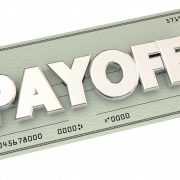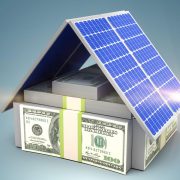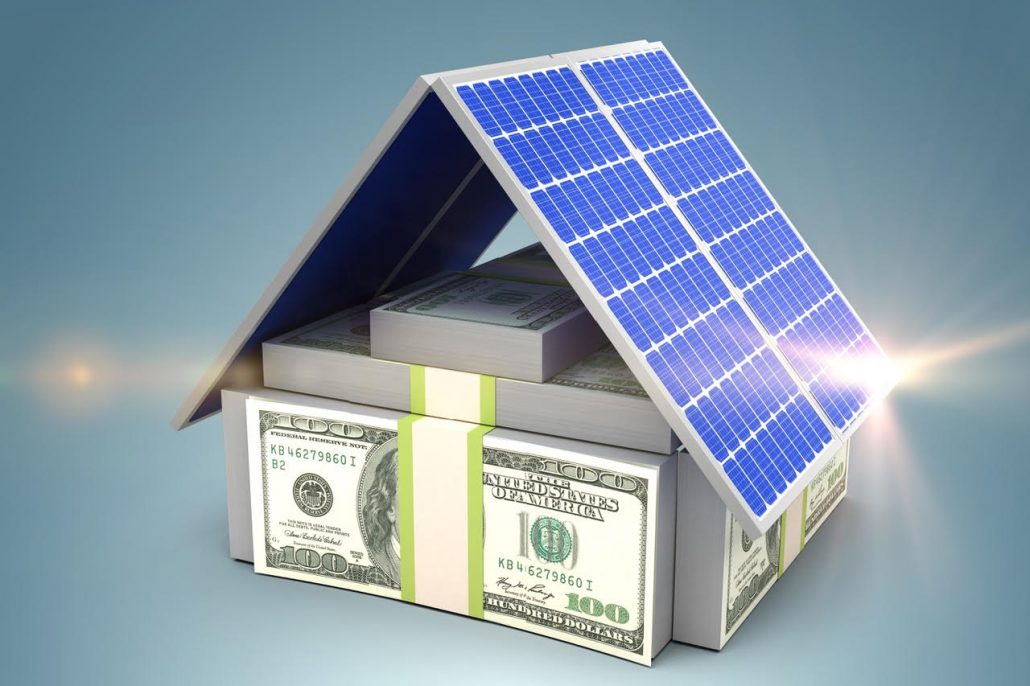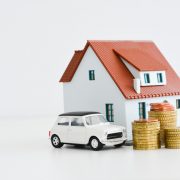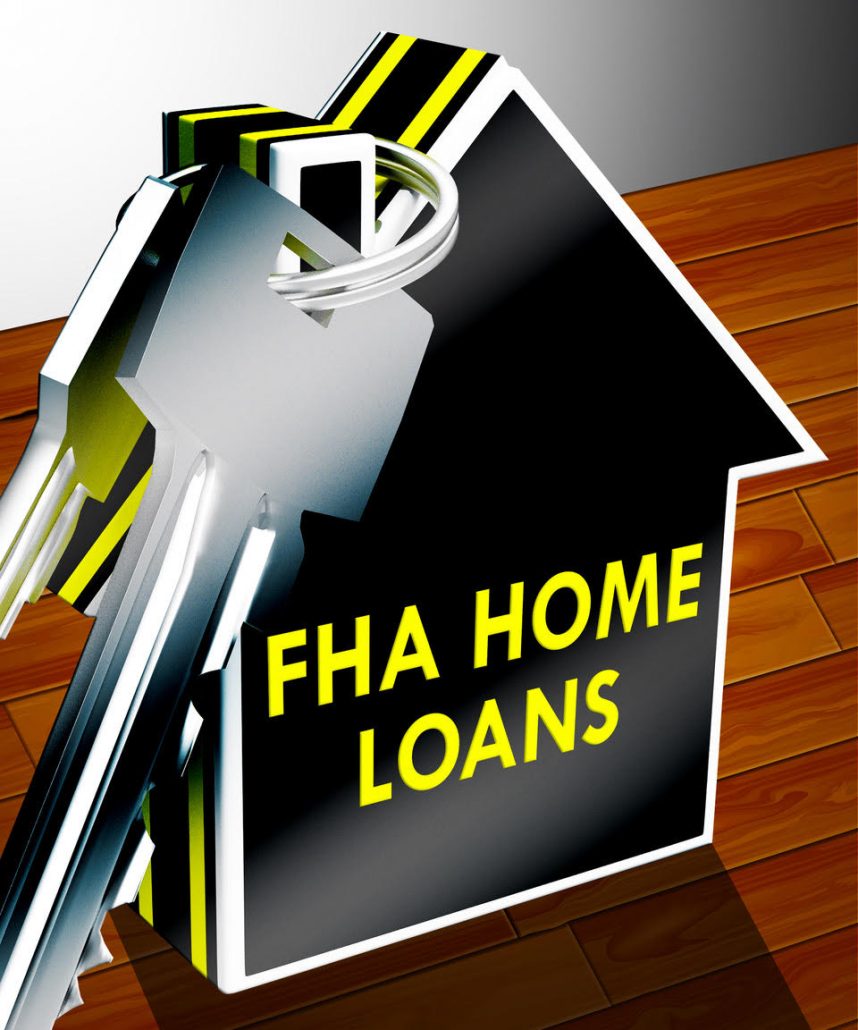
The Federal Housing Administration offers the infamous FHA loan. FHA loans are primarily known for allowing a low 3.5% down payment on 1-4 unit properties – even as properties up to a $660,000 purchase price (in Los Angeles and Orange County). FHA loan limits vary per county.
FHA is also known as a first-home buyer program but FHA is not a first-time home buyer program. Lenders tend to market FHA to first-time home buyers because of the low down payment option, which is why people tend to think of it as a first-time home buyer program.
Owner occupied primary residences are allowed. Investment properties and second homes are not allowed.
FHA offers a 30-year fixed rate mortgage and a 5/1 adjustable rate mortgage.
FHA is more lenient on all credit related issues. Lower credit scores are allowed. It is true that FHA allows a minimum 500 credit score but practically speaking it’s rare that someone with a 500 credit score will qualify for a loan. FHA calls for a 3-year waiting period on foreclosures vs. the industry standard 7-year waiting period. Short sales, bankruptcies and loan modifications require a 4-year waiting period on average and FHA requires only 2 years.
Documentation requirements are pretty much the same for all loans including FHA.
One common misconception is that FHA loans take longer to close. This is 100% untrue. I’ve closed FHA loans is less than 20 days! The only reason that rumor exists is so lending institutions and loan officers can blame closing late on something.
Fun fact: FHA allows 3.5% down for a house, condo AND a duplex, triplex and fourplex. https://homeloananswerguy.com/2017/02/14/how-to-buy-a-2-to-4-unit-property-with-only-3-5-down.
Thinking about buying a condo or townhome using an FHA loan? Here’s a problem you might run into: FHA requires the entire condo project to be FHA approved! No FHA project approval. No FHA loan allowed. And most condo project are not FHA approved.
FHA loans tend to be more expensive than conventional loans primary because of the cost of mortgage insurance.
FHA loans require monthly mortgage insurance regardless of how much you put down AND the monthly mortgage insurance payment never goes away. Since 2013 FHA requires monthly mortgage insurance for the life of the loan.
Conventional non-FHA loans require monthly mortgage insurance only when putting less than 20% down AND the mortgage insurance goes away once 20% equity has been reached by either paying down the loan balance or the property goes up in value.
How does one get rid of mortgage insurance? Once 20% equity in the property has been reached one can refinance out of an FHA loan and into a conventional loan.
In addition to monthly mortgage insurance, FHA charges a one-time upfront mortgage insurance fee of 1.75% of the loan amount. This lovely 1.75% fee can be financed into the loan and is not required to be paid out of pocket but you are still paying for it.
I always say that FHA loans are great… unless you qualify for a conventional loan! Conventional loans require only 5% down up to a $445,000 purchase price so make sure to explore all available loan options. But if FHA is the only loan you end up qualify for, it’s not only a great option, it’s your best and only option.

